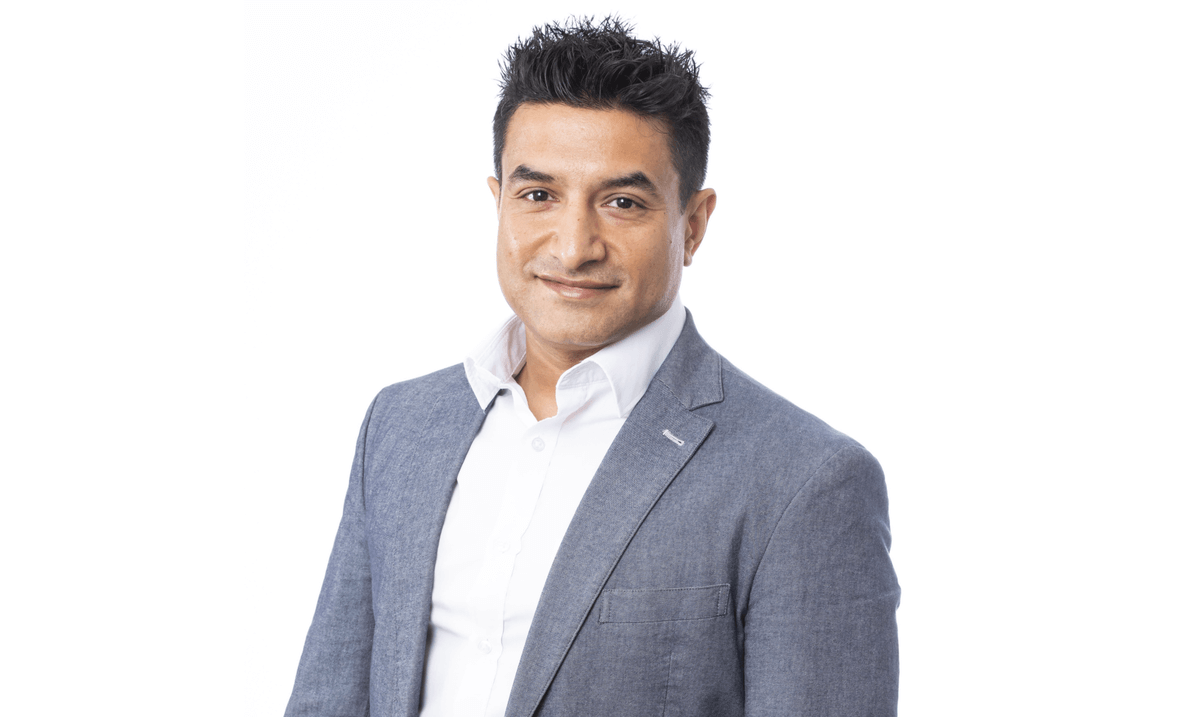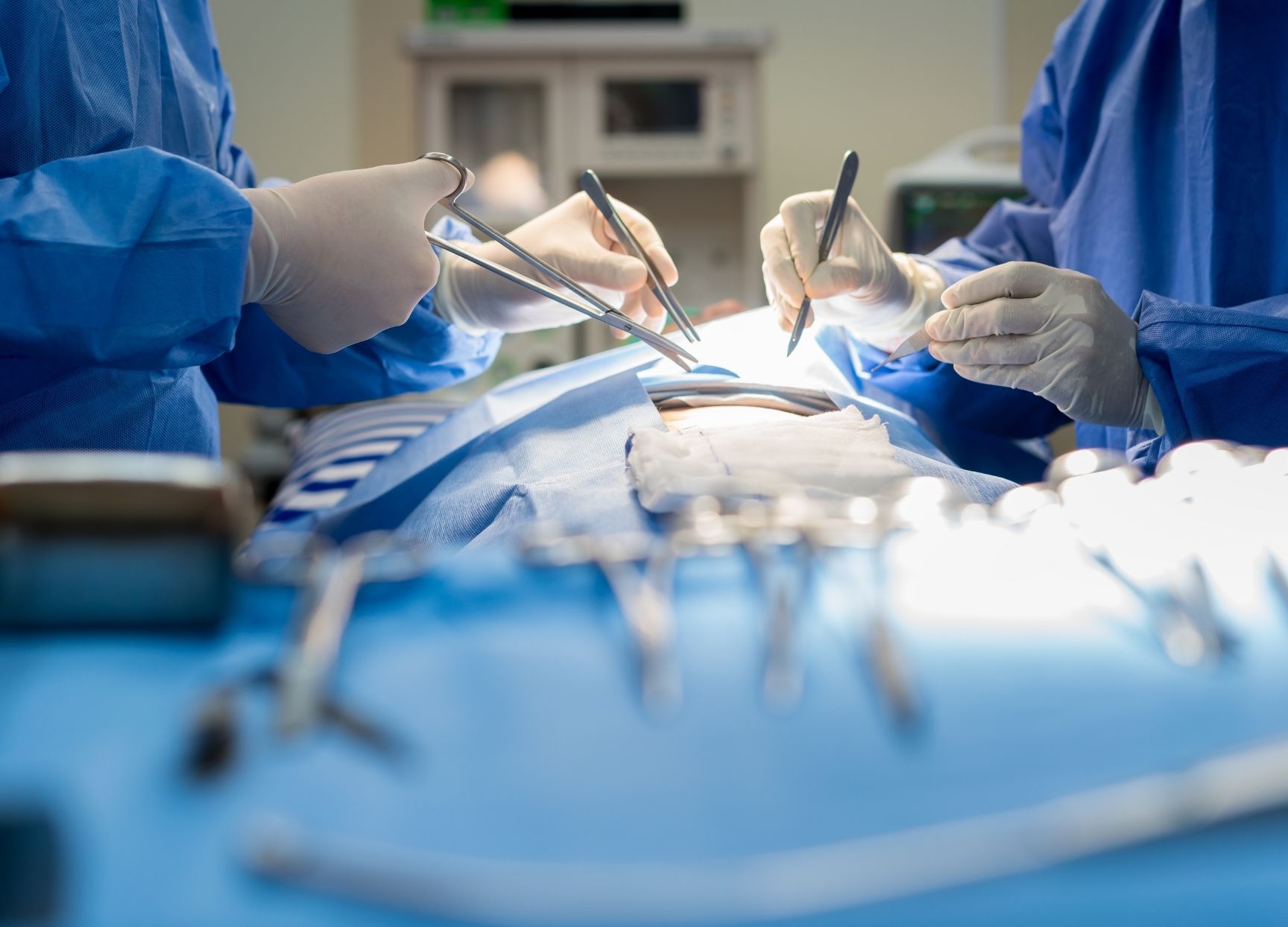
Professor Sanjay Purkayastha
Specialist expertise: Surgical Management of Type 2 Diabetes, Anti-reflux Surgery, Hernia Surgery, General Surgery, Laparoscopic Procedures (Keyhole Surgery), Robotic Surgery, Laparoscopic Cholecystectomy, Bariatric Surgery, Gastric Bypass, Sleeve Gastrectomies, Lower Gastrointestinal Surgery, Upper Gastrointestinal Surgery, Appendicitis, Gallstones, Pancreatitis, Bowel Obstruction, Heartburn, Obesity, Diverticular Disease, Achalasia, Hepato-Biliary and Pancreatic Disease, Gastroparesis.
